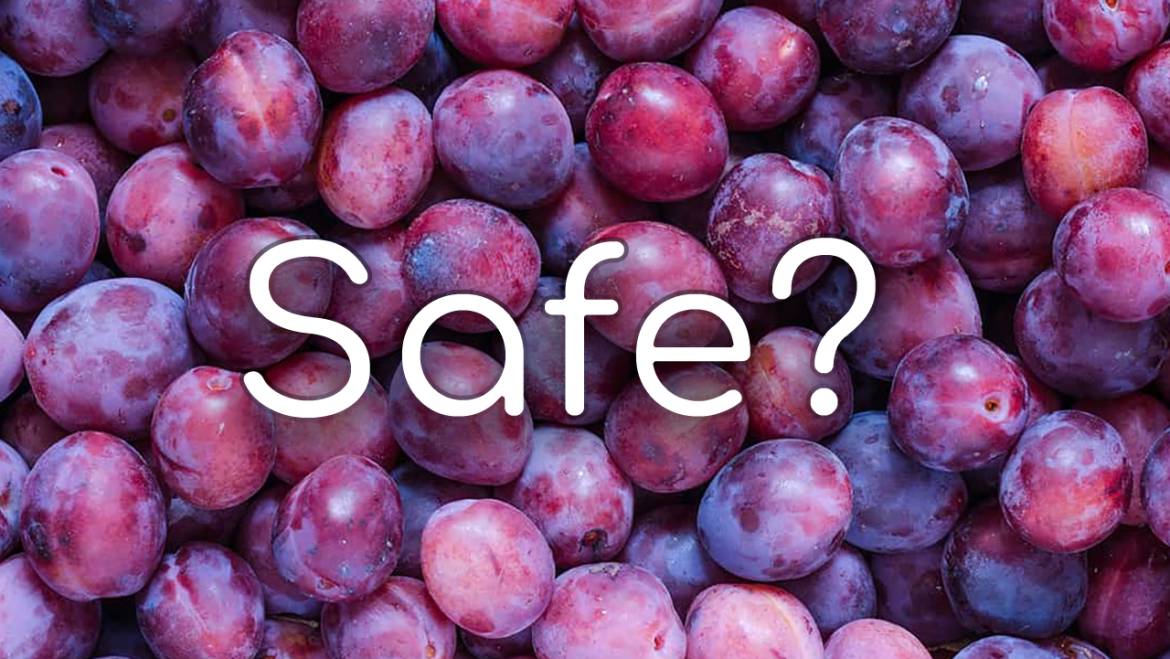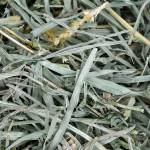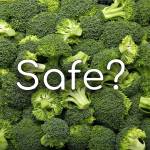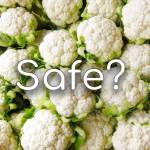Chinchillas are beloved pets that require a lot of care and attention, including a proper diet. As herbivores, chinchillas have specific dietary requirements, and their owners must ensure that they provide them with a balanced and healthy diet. Many fruits and vegetables are safe for chinchillas to eat, but it’s essential to understand what foods they can and cannot eat. One fruit that many chinchilla owners may wonder about is plums. In this article, we’ll explore whether chinchillas can eat plums and everything else you need to know about this fruit.
What are Plums?
Plums are a type of stone fruit that belongs to the genus Prunus, which includes cherries, apricots, and peaches. They are sweet and juicy, and their colors range from deep purple to yellow or green, depending on the variety. Plums are a good source of vitamins and minerals, including vitamin C, vitamin K, and potassium.
Can Chinchillas Eat Plums?
The short answer is yes, chinchillas can eat plums. Plums are safe for chinchillas to consume, but they should be fed in moderation as they are high in sugar. Feeding chinchillas too much fruit can cause digestive problems, including diarrhea and bloating, so it’s best to limit their fruit intake to once or twice a week.
Benefits of Plums for Chinchillas
Plums contain essential vitamins and minerals that can benefit chinchillas. For example, vitamin C is important for the immune system, while vitamin K plays a role in blood clotting. Potassium is also essential for maintaining healthy muscles and nerve function. However, chinchillas do not require a lot of fruit in their diet as they can get these essential nutrients from their hay and pellets. Therefore, plums should be considered a treat rather than a staple in their diet.
Precautions When Feeding Plums to Chinchillas
Although plums are safe for chinchillas, it’s crucial to take precautions when feeding them to your pet. Firstly, you should only feed your chinchilla ripe plums. Unripe or overripe plums can be harmful and cause digestive issues. Secondly, you should always wash the plum thoroughly to remove any dirt, pesticides, or bacteria. Finally, remove the plum pit and any stems or leaves, as they are not safe for chinchillas to consume.
Other Fruits and Vegetables that Chinchillas Can Eat
As mentioned earlier, chinchillas require a balanced and healthy diet, which includes hay, pellets, and fresh fruits and vegetables. Here are some safe fruits and vegetables that you can feed your chinchilla:
- Apples: Remove seeds and stems
- Bananas: Feed in moderation as they are high in sugar
- Blueberries: Feed in moderation as they are high in sugar
- Carrots: A great source of Vitamin A
- Grapes: Feed in moderation as they are high in sugar
- Hay: The most important part of a chinchilla’s diet
- Pellets: A staple in a chinchilla’s diet
- Raspberries:– Feed in moderation as they are high in sugar
Fruits and Vegetables to Avoid
While some fruits and vegetables are safe for chinchillas, there are some that you should avoid as they can cause digestive problems or be harmful to your pet. Here are some fruits and vegetables that you should avoid feeding your chinchilla:
- Avocado: Contains persin, which is toxic to chinchillas
- Citrus Fruits: Can cause digestive problems and mouth sores
- Grains: Can cause digestive problems
- Rhubarb: Contains oxalic acid, which is harmful to chinchillas
- Spinach: Contains oxalic acid, which is harmful to chinchillas
How to Feed Plums to Your Chinchilla
When feeding your chinchilla plums, you should only give them a small amount, about the size of a cherry. It’s best to offer the plum as a treat or a reward, rather than a staple in their diet. You can offer the plum in small pieces or mash it up and mix it with their pellets. Alternatively, you can freeze small pieces of plum and offer them as a refreshing treat on hot days.
Chinchillas can eat plums, but they should be fed in moderation as they are high in sugar. Plums should be considered a treat rather than a staple in their diet. When feeding your chinchilla plums, it’s essential to remove the pit and wash the fruit thoroughly. Chinchillas also require a balanced and healthy diet that includes hay, pellets, and fresh fruits and vegetables. By following these guidelines, you can ensure that your chinchilla stays healthy and happy.







